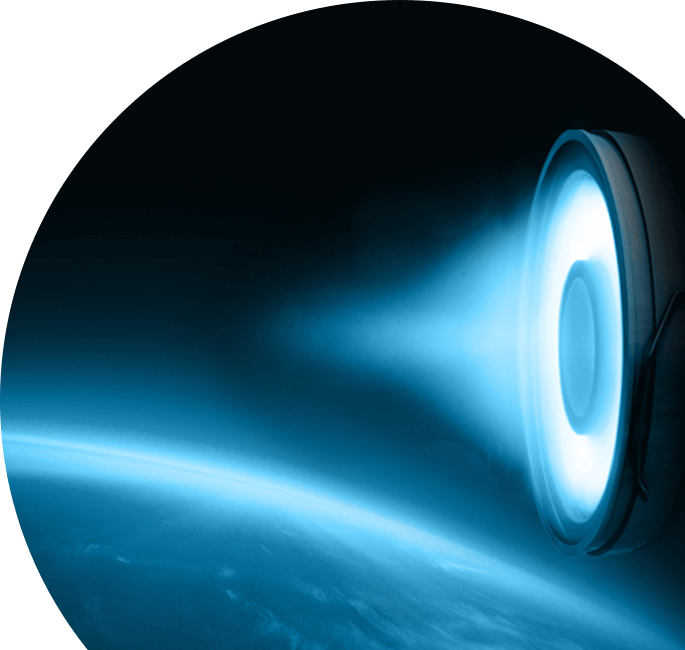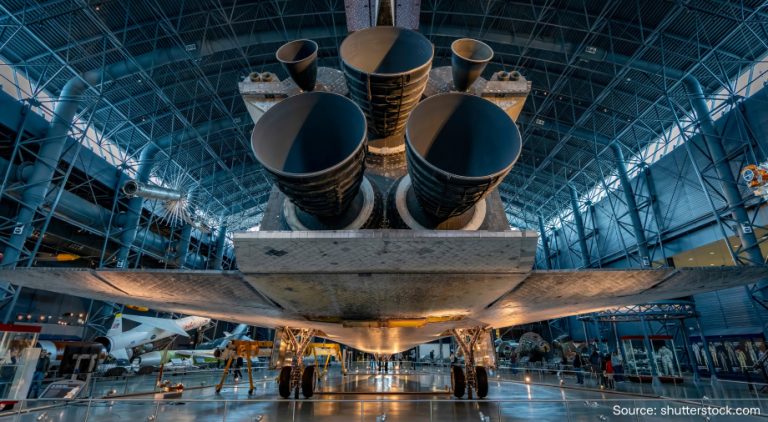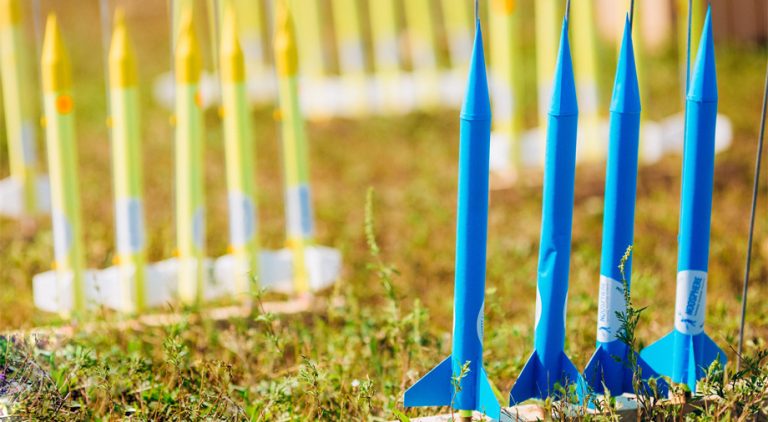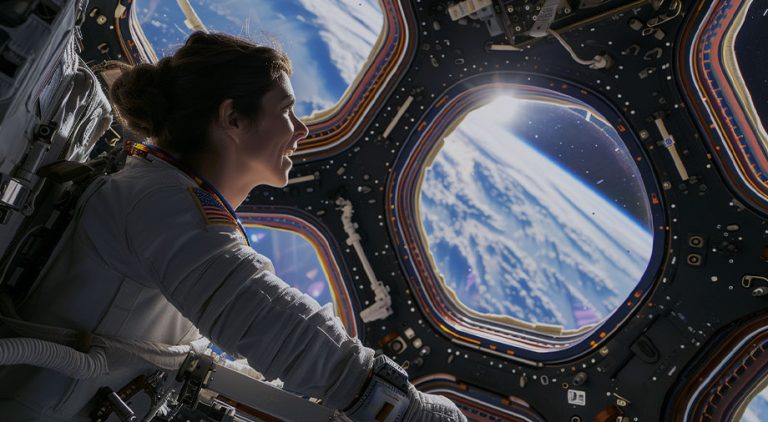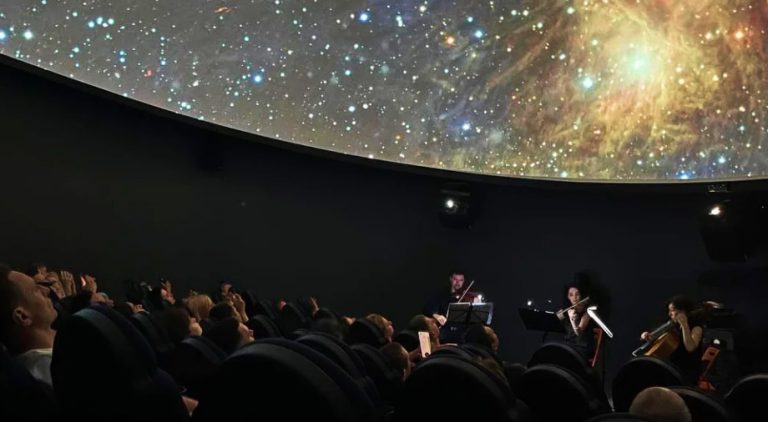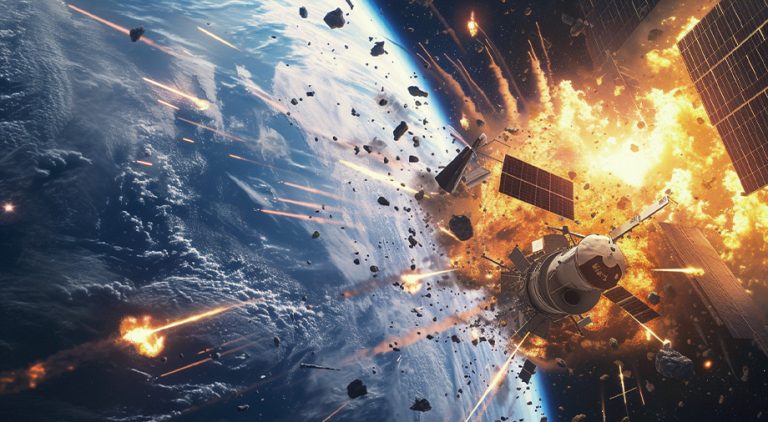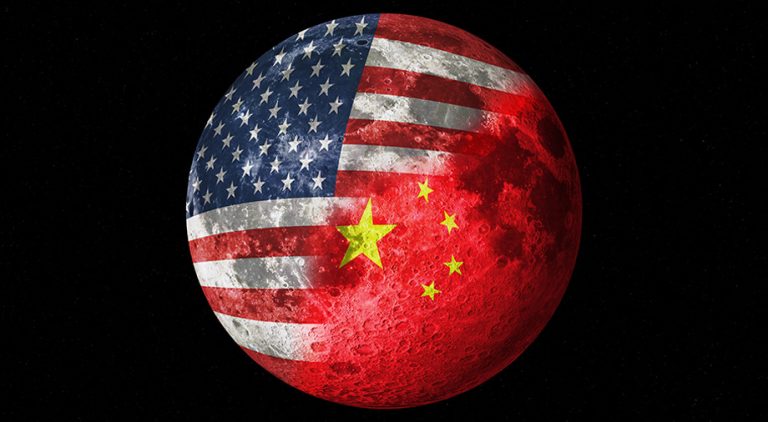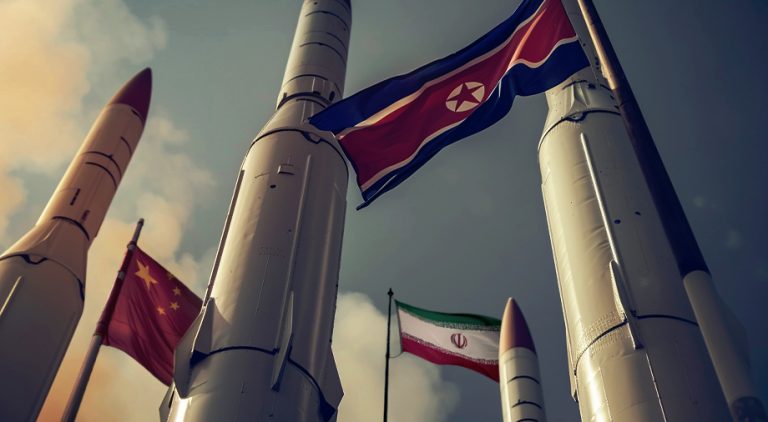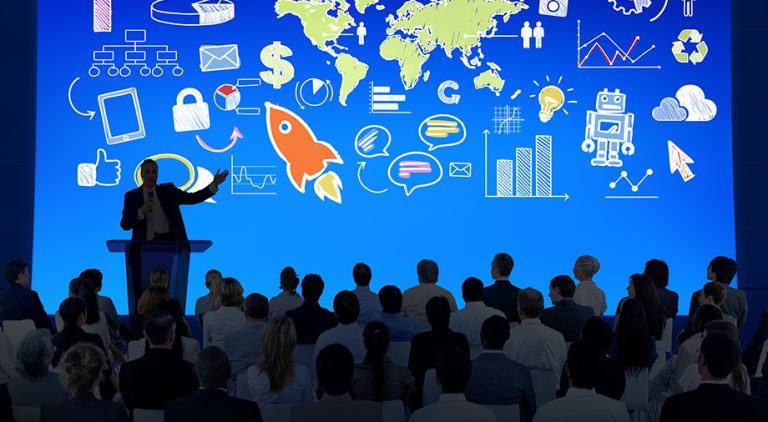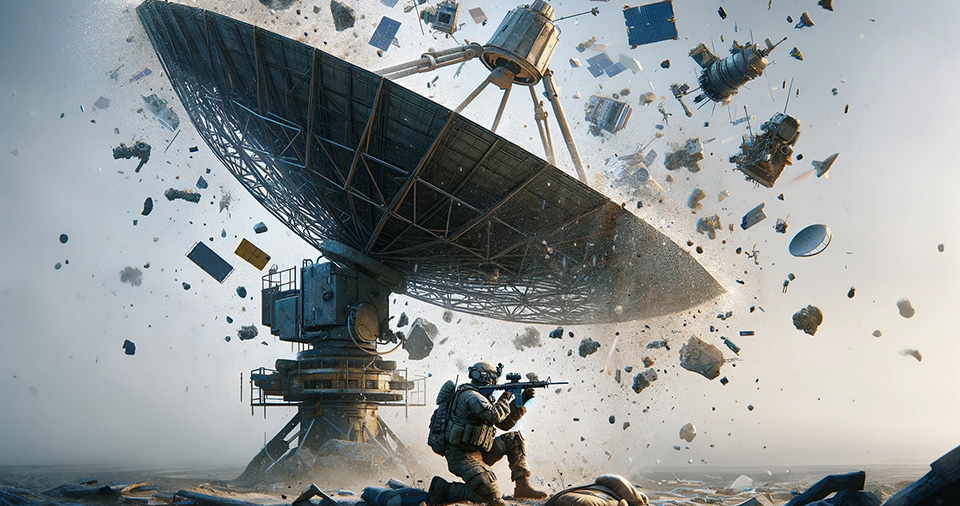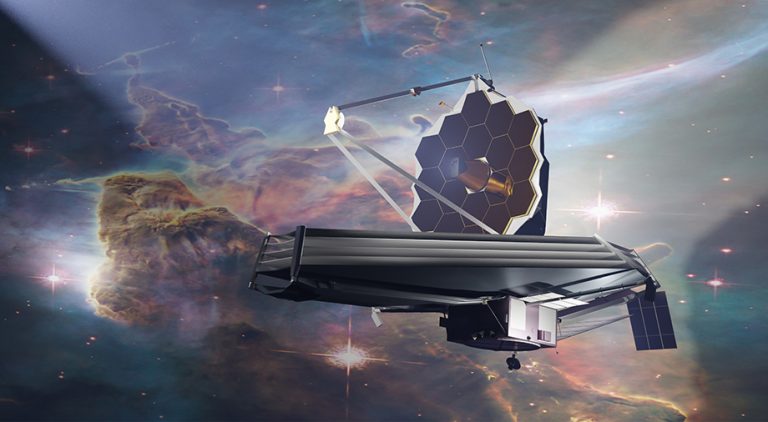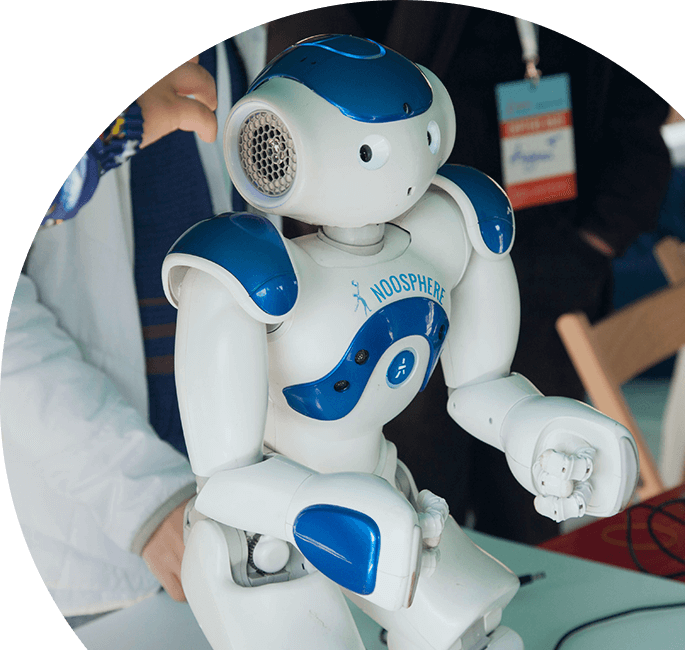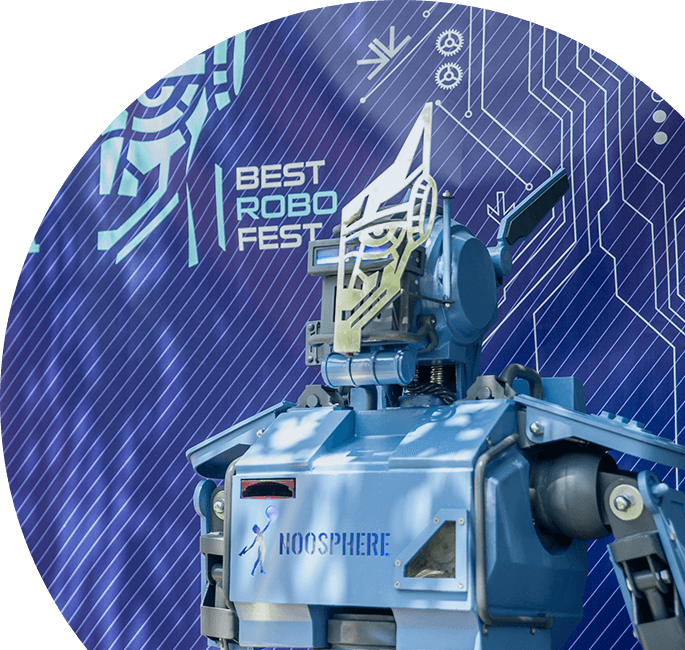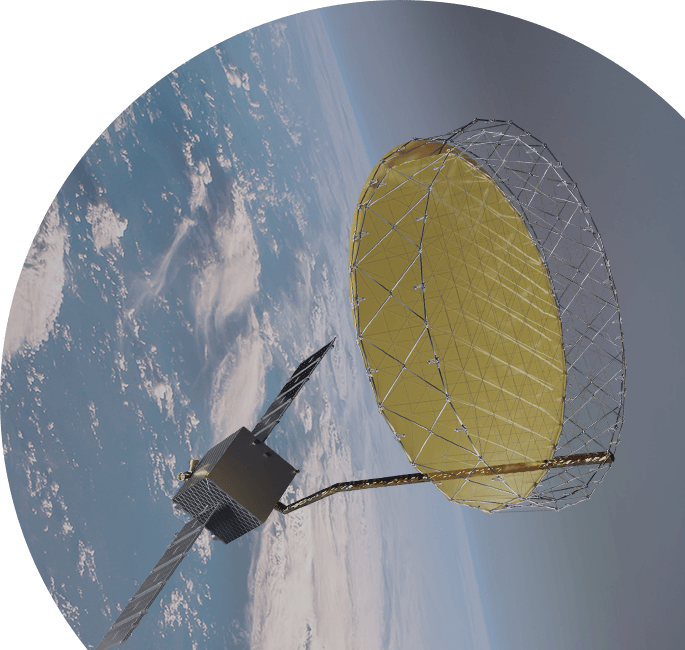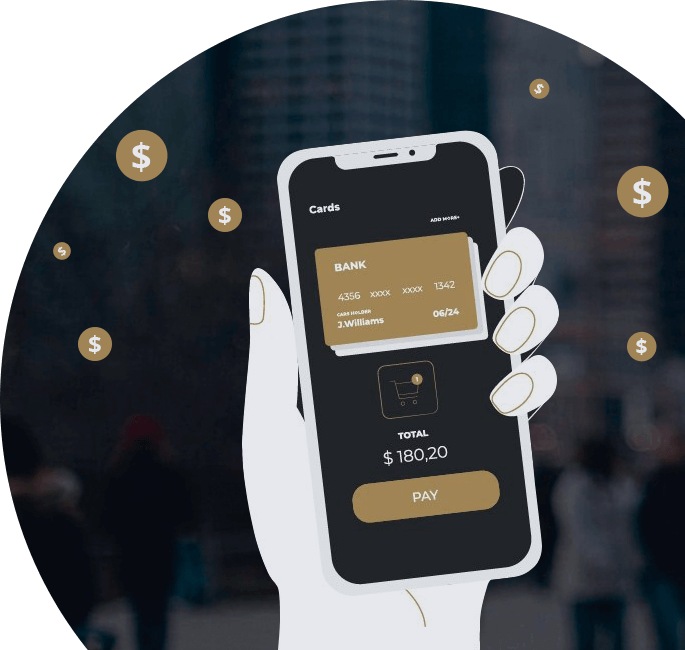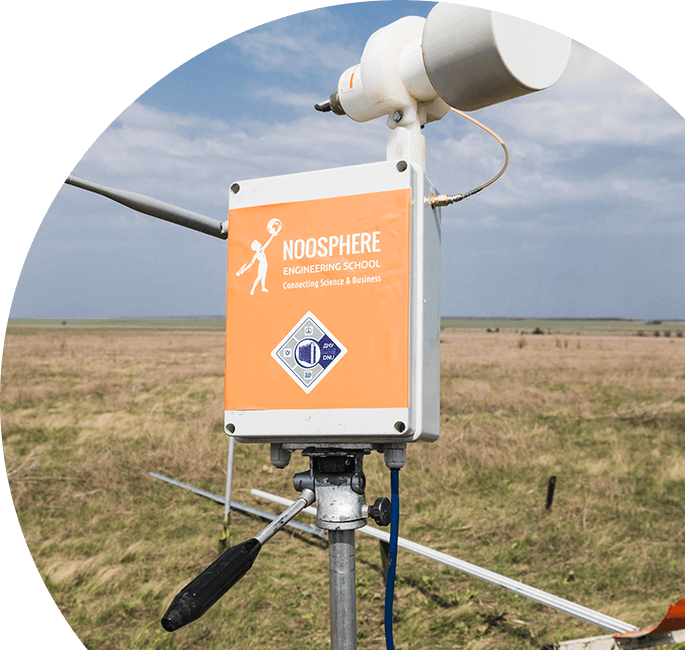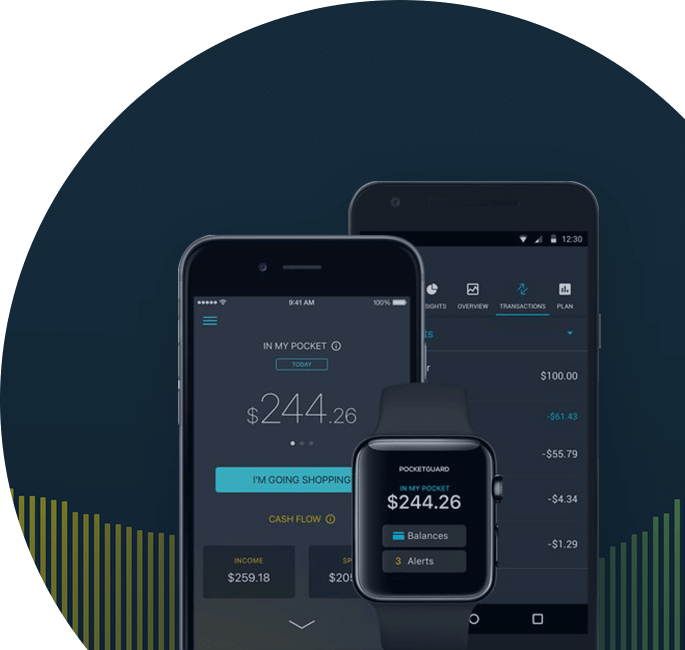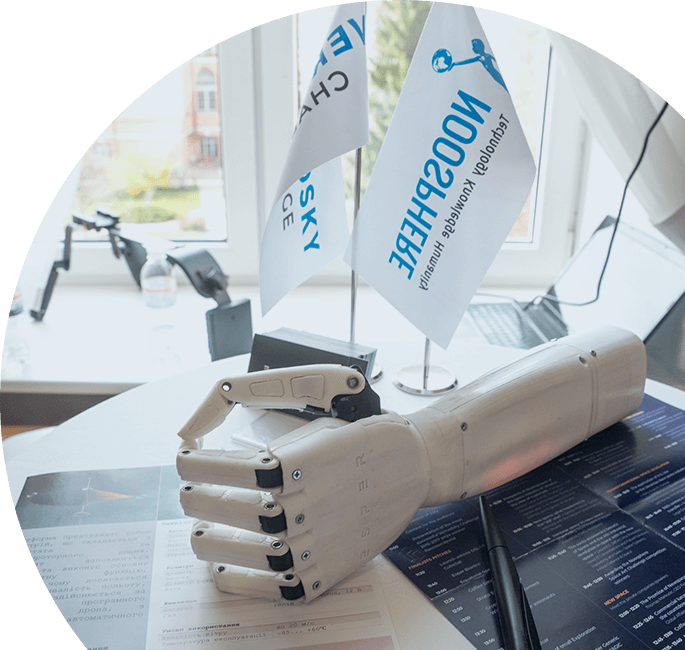MAX POLYAKOV
International space technology and IT business entrepreneur, investor, economist and philanthropist
News
Rocket engines, real space shuttles and ships and samples of extraterrestrial rock – this is not a complete list of what you can find in the world’s best rocket and space museums. Their expositions allow us to visualize the entire span of development of the latest space era.
Model rocketry is a competition in which participants create model rockets designed to perform specific tasks. By doing this, people are developing their engineering skills. And it is precisely these engineers that Ukraine needs for the development of industry and for the sake of the future.
93 women astronauts have travelled to space. Beyond these, thousands of women contribute every day to space exploration. Today’s article is dedicated to women in astronautics: pioneers of orbital aviation, as well as scientists and engineers who shaped the development of the space industry.
Planetariums are gateways into the world of astronomy – domed space theaters where the viewer can clearly examine down to the smallest detail what makes up outer space. We have compiled an exclusive selection of the most fascinating planetariums to get our readers excited about astronomical science.
Anti-satellite (ASAT) weapons have been available throughout human space history, first tested in 1959. ASAT weapons were designed to take out one satellite per strike. However, the launching of large satellite constellations forced the evolution of mass satellite destruction nuclear weapons.
In recent years, the world has been moving further and further towards demarcation and renewed geopolitical confrontation. The new alliances formed on Earth are gradually moving to outer space. Today, they are united by one common goal – to conquer the moon.
Stockpiles of weapons which the DPRK has been accumulating for 40 years is enough to sell to third countries. DPRK is already present in Earth’s orbit: the first North Korean spy satellites began to appear. We can see that an anti-Western alliance is taking shape.
The main international events and conferences of 2024 will include Paris Space Week 2024, the Global Aerospace Summit, International Astronautical Congress, Space Tech Expo Europe, and others. But beyond noting these events, it is also worth considering the topics of these conferences.
In modern life, the loss of satellites threatens to completely disrurpt all spheres of state and institutional management, from the banking system to communications, from logistics to navigation. But first of all, it would be ruinous for the defense sector.
On December 25, 2021, the James Webb Space Telescope (JWST) was set to orbit, its creation took almost two decades and cost $10 billion. Two years have passed since then. What has the telescope already discovered during this time? Let’s take a look.
Portfolio
All portfolioDragonfly Aerospace develops compact, high-performance imaging satellites and payloads that are designed for large imaging constellations that provide persistent views of the Earth in a wide range of spectrums enabling unprecedented business intelligence and improving the lives of people around the world.
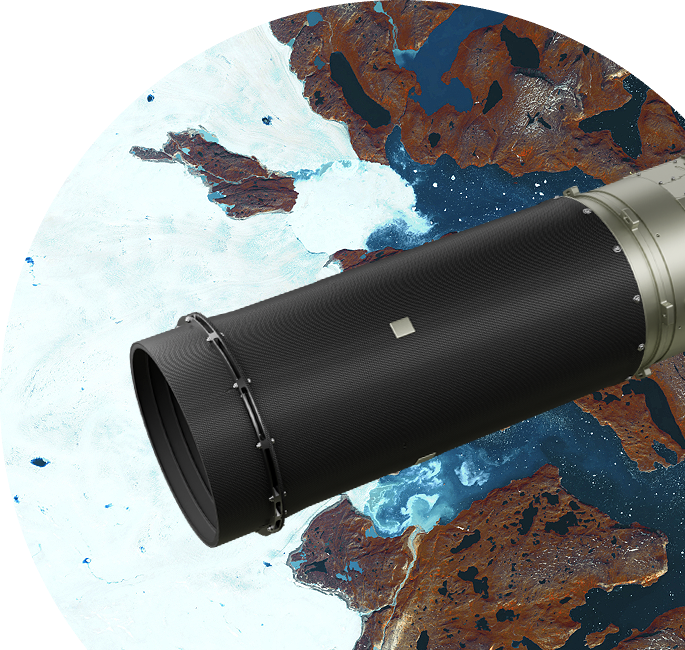
EOS Data Analytics is a trusted global provider of AI-powered satellite imagery analytics.
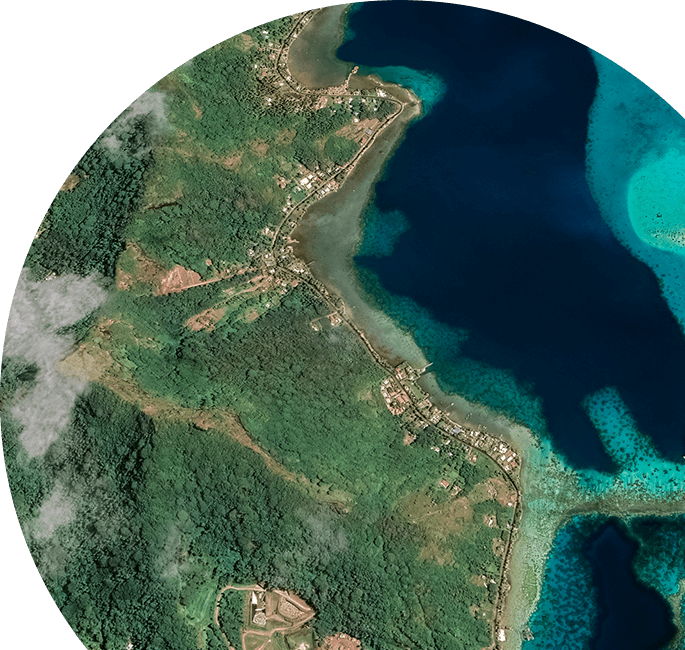
EOS SAT is developing and manufacturing optical satellites for obtaining Earth remote sensing data.
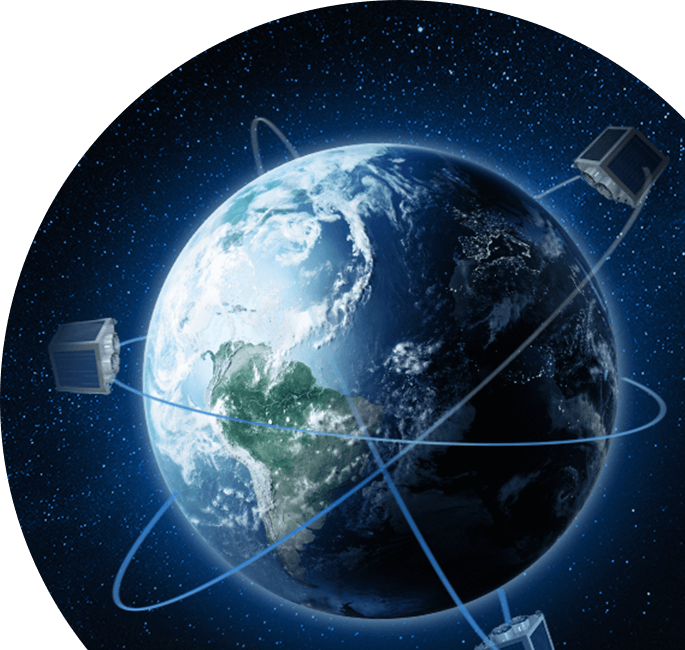
Firefly Aerospace is a privately held aerospace company that develops light launch vehicles to deliver small satellites and cubes into space.
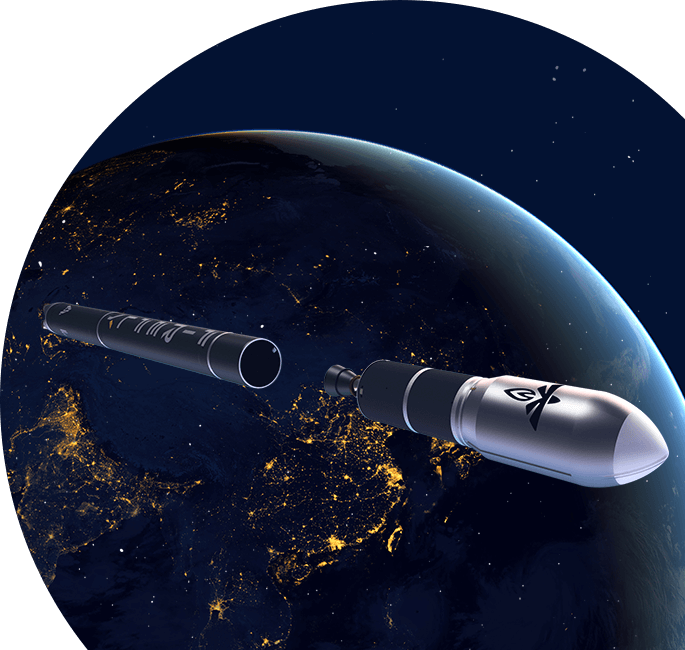
Gagarin Park is a social project to improve the park area of the Oles Honchar Dnipro National University’s Botanical Garden.
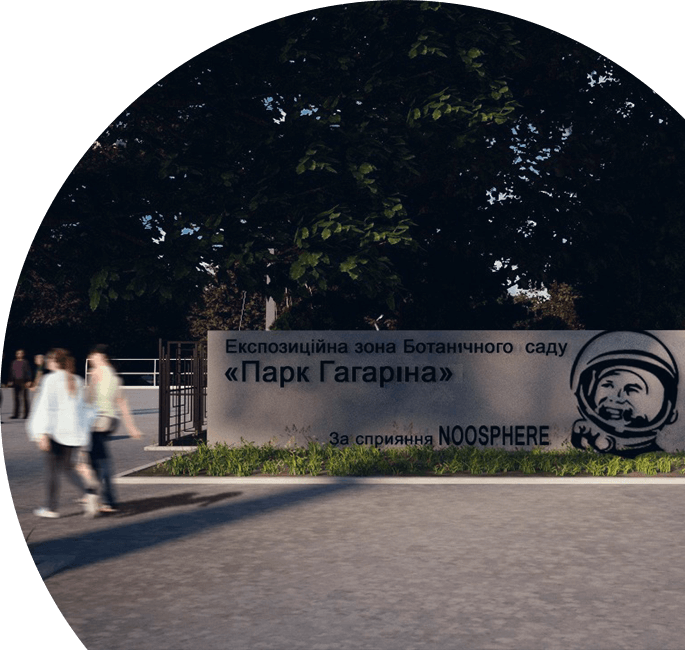
MaximaLabs is a company that provides technological and effective products for web business.
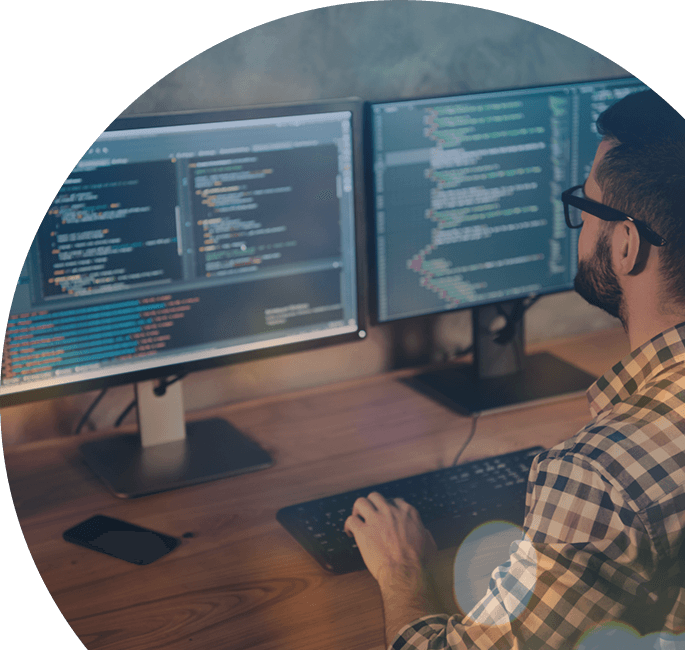
Maxymizely produces effective tools for split testing and increasing the conversion of sites and applications to B2B.
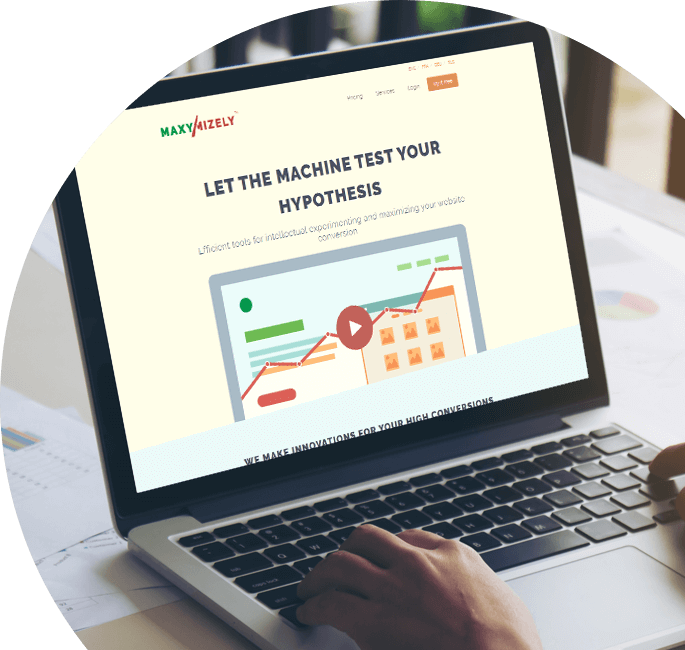
NING is a comprehensive SaaS platform for creating social websites with a wide range of features and configuration tools.

Noo IT School is a regional IT courses in business areas: internet marketing, product management, analytics.
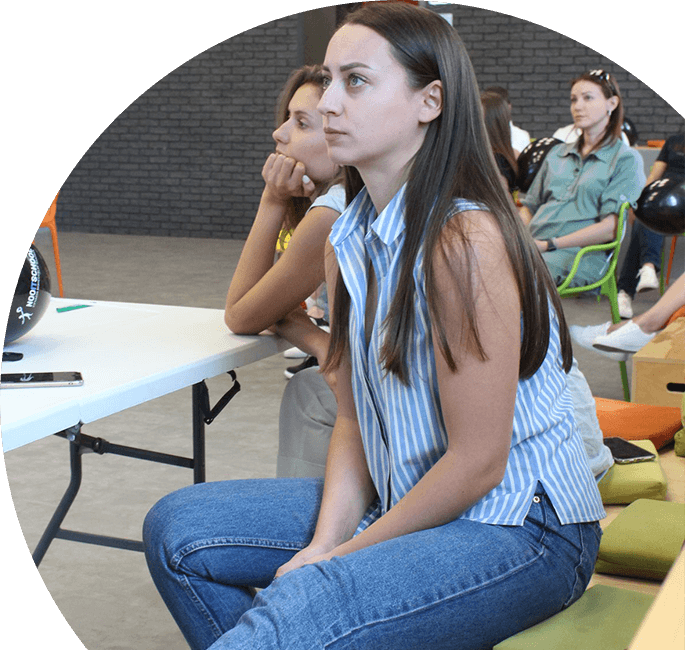
Noosphere Archaeology is a platform for the study and spread of knowledge about the history of humanity and planet.
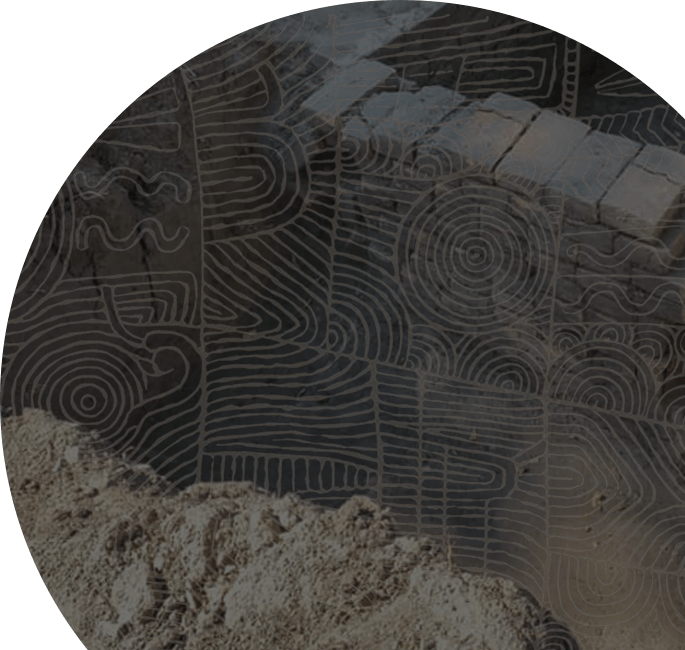
Space Summit is an international space conference that brings together the best industry experts to develop space technology.
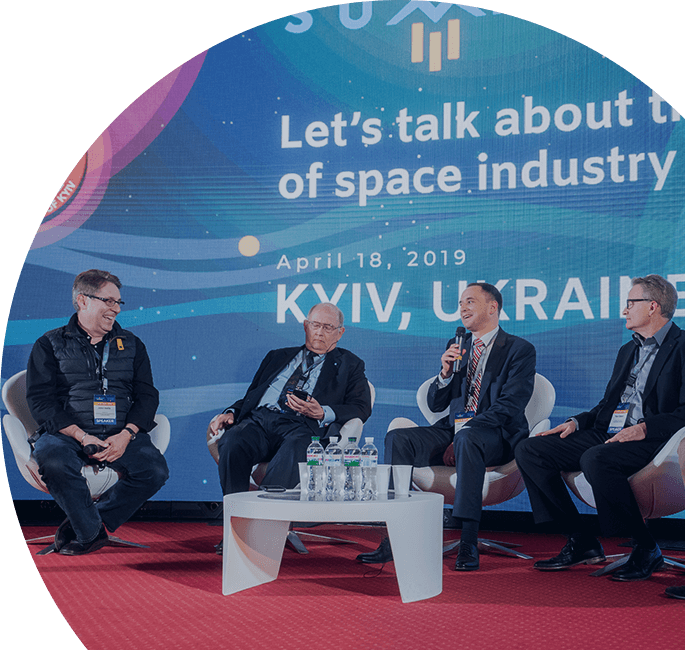
This is a socio-educational project whose mission is to inspire and educate a new generation of Ukrainian explorers of the Universe to restore the primacy of Ukraine in space and other high-tech areas.
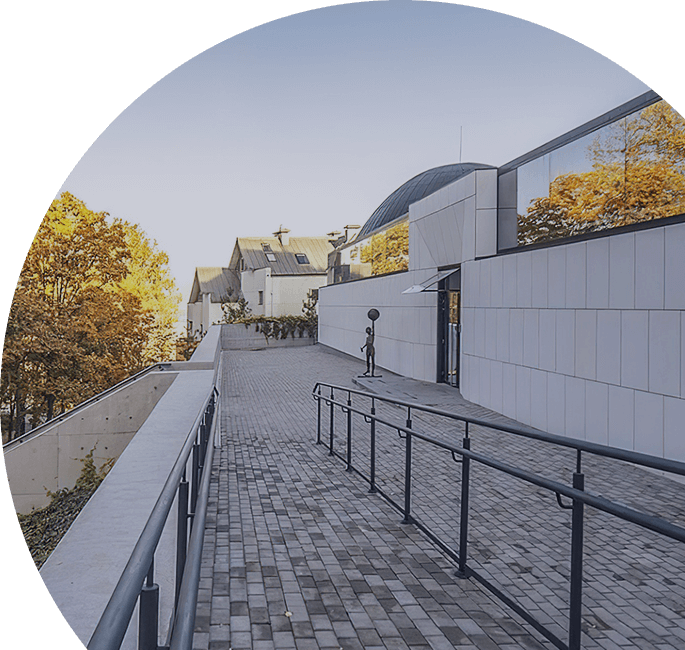
Renatus was founded in 2012 with a focus on the social gaming publisher of the casual segment.
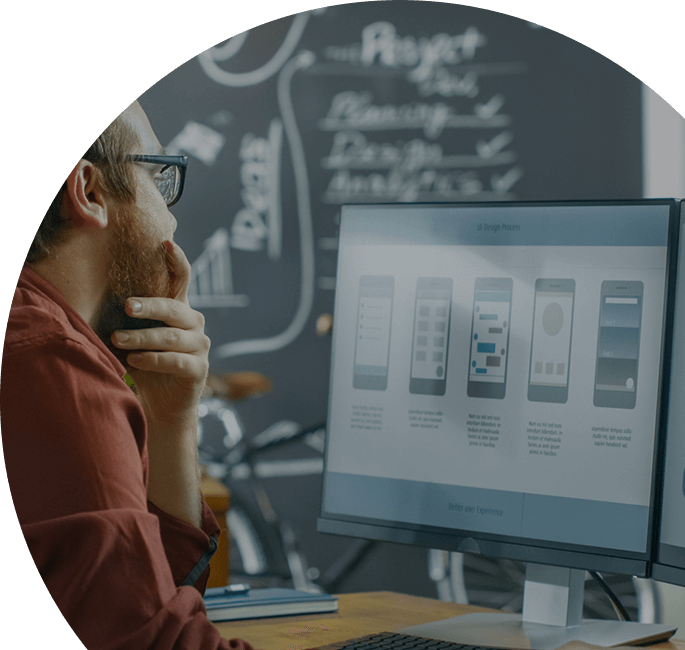
Space Electric Thruster Systems (SETS) is a project that develops electric rocket propulsion systems and their subsystems designed for use on spacecraft.
